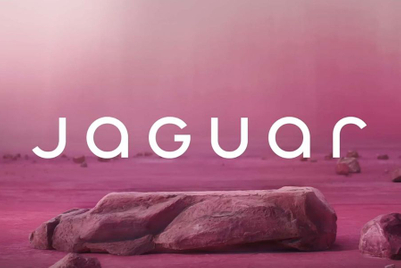
Creatives are voluntarily quitting their jobs to pursue freelance work, according to a US survey of 234 freelancers in September by GrowTal. A majority of people surveyed (68%) were marketers.
Half of freelancers said they voluntarily left their full-time jobs to pursue freelance work, and 40% say they are uninterested in returning to a traditional job.
Sixty-five percent of freelancers cited flexibility as the top benefit of going freelance, followed by the ability to make decisions for themselves (48%) and the opportunity to pursue their passions (37%). Twenty-six percent also said they do not want to work in an office.
The study suggests that “The Great Resignation” will continue for some time as the workplace continues to evolve, said Bryan Karas, founder and CEO of GrowTal in an email.
“People want more work-life balance so that they can manage their busy schedules at home while continuing to deliver for their employers,” he said. “It's imperative that companies recognize this and rework their operations to support talent where their needs lie.”
According to the study, 70% of respondents said that working freelance has improved their mental health, and 62% say they love being able to work whenever and wherever they want.
Marketing freelancers have also found work more easily during the pandemic, with 51% agreeing that new work opportunities have been easier to find, compared to 37% of freelancers overall.
The results, however, are split by age group. While 97% of respondents have done both freelance and full-time work, only 14% of freelancers over the age of 55 want to go back to full-time work, while 44% of people ages 18 to 34 do.
And some people are embracing both freelance and full-time work together, with just 22% of respondents expressing interest in only working a traditional, full-time job.
Despite the shift to freelance, both full-time and freelance work have their benefits, survey results show.
Freelancers agree that traditional jobs are better for benefits (77%), financial stability (71%) and consistency of work (71%), but freelancing is better at offering flexible working hours (88%), flexible locations (85%) and diversity of experiences (68%).
To retain employees, Karas said companies should empower staff to determine how they want to work.
“The biggest thing is empowering employees to work on the things that motivate them and allowing them to say no to menial tasks or to meetings that are unnecessary to their job performance,” he said. “A traditional workplace is a breeding ground for inefficiency, so what employees are really saying is that they want the flexibility to spend time on the things that are truly impactful to their responsibilities.”
He also suggested employers provide part time opportunities to staff, where they can operate like a freelancer while still receiving benefits and guaranteed work.




.jpg&h=334&w=500&q=100&v=20250320&c=1)
.jpg&h=334&w=500&q=100&v=20250320&c=1)
.jpeg&h=334&w=500&q=100&v=20250320&c=1)
.jpg&h=334&w=500&q=100&v=20250320&c=1)
.jpg&h=334&w=500&q=100&v=20250320&c=1)
.jpg&h=334&w=500&q=100&v=20250320&c=1)





.png&h=268&w=401&q=100&v=20250320&c=1)
.jpg&h=268&w=401&q=100&v=20250320&c=1)


